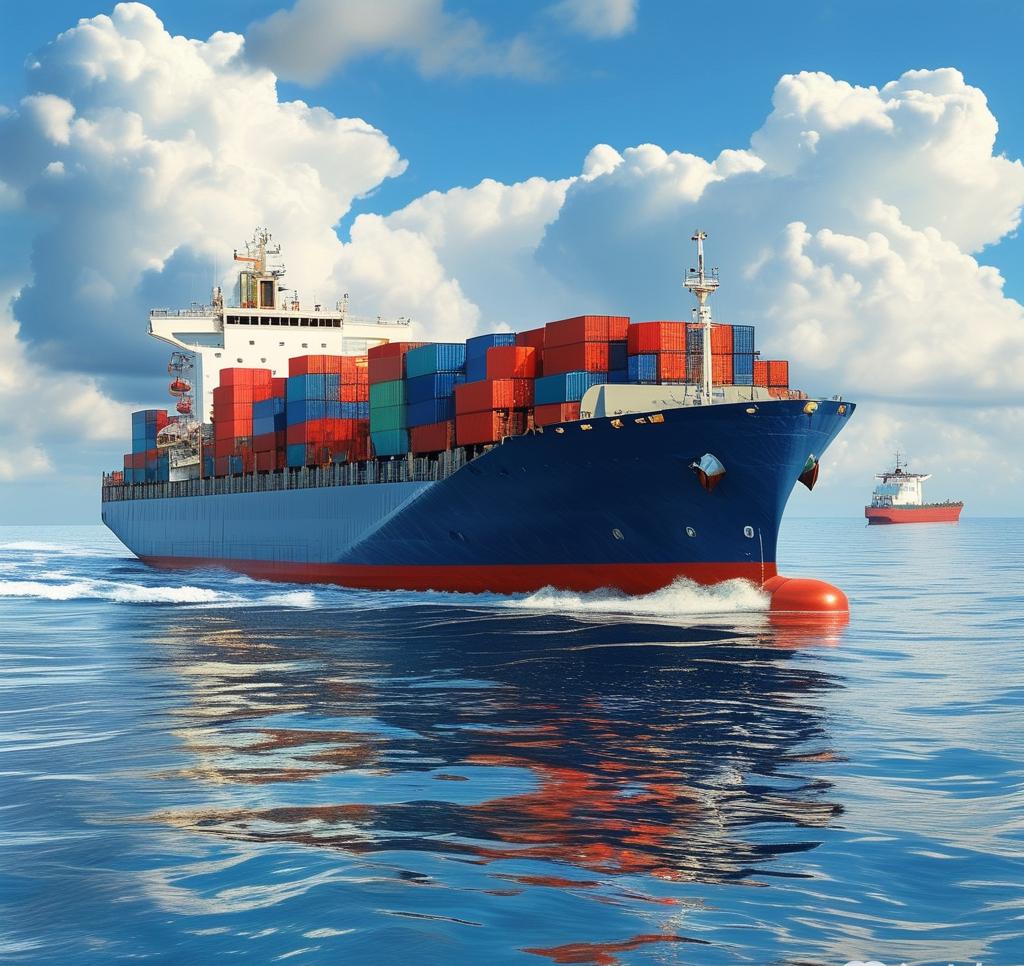- By TOP CHINA FREIGHT
- July 30, 2025
- Shipping
In international trade, clear communication is crucial to avoid costly misunderstandings. This is where Incoterms come in. Short for International Commercial Terms, Incoterms are a set of standardized trade terms published by the International Chamber of Commerce (ICC) that define the responsibilities of buyers and sellers in cross-border transactions.
This article will explain the meaning of Incoterms, why they matter, and how they impact global shipping.

1.What Does “Incoterms” Mean?
Incoterms are globally recognized rules that clarify who is responsible for transporting goods, handling customs clearance, paying duties, and bearing the risks at each stage of the shipping process. Each Incoterm is a three-letter abbreviation (like FOB, DAP, EXW) that outlines specific obligations for both parties involved in an international transaction.
They are not a full contract, but they are incorporated into commercial contracts to clearly assign tasks, costs, and risks.
2.Why Are Incoterms Important?
Incoterms reduce confusion in global trade by:
Who pays for freight, insurance, loading/unloading, and customs duties.
Minimizing legal issues and misunderstandings between buyers and sellers.
Ensuring all parties interpret shipping responsibilities the same way, regardless of language or location.
3.Categories of Incoterms
Incoterms are divided into two categories depending on the mode of transport:
4.Common Incoterms and Their Meanings
Here are some widely used Incoterms and what they mean:
| Incoterm | Full Form | Who Pays for What? | Risk Transfers At |
|---|---|---|---|
| EXW | Ex Works | Buyer pays all costs | Seller’s premises |
| FOB | Free On Board | Seller delivers to port and loads on ship | When goods are on board at port of shipment |
| CIF | Cost, Insurance, and Freight | Seller pays until port of destination | Once goods are on board ship |
| DAP | Delivered at Place | Seller delivers to buyer’s location | Upon arrival at named place |
| DDP | Delivered Duty Paid | Seller pays all costs and duties | Upon delivery to destination |
5.When to Use Incoterms
Incoterms should be:
- Stated clearly in the sales contract
- Used alongside a named location, e.g., “FOB Shanghai” or “DAP Berlin”
- Selected based on the shipping method and the level of control each party wants
6.Example: Understanding EXW vs DDP
Let’s say a buyer in the US purchases electronics from a seller in China:
- Under EXW, the buyer arranges pickup, export customs clearance, and shipping to the US.
- Under DDP, the seller handles everything, including shipping and US customs duties, delivering directly to the buyer’s warehouse.
Final Thoughts
Incoterms meaning goes far beyond just acronyms. They are a vital tool that governs how goods are moved and costs are distributed across global supply chains. Whether you’re a first-time importer or a seasoned logistics professional, understanding the latest Incoterms will help protect your interests and streamline international transactions.
Need a Shipping Quote?
Click below to get a free, no-obligation quote from TJ China Freight.
We’ll respond within 24 hours with the best shipping options for your cargo.
FAQ:
Q1:Who creates and updates Incoterms?
The International Chamber of Commerce (ICC) publishes and revises Incoterms every 10 years.
Q2: Are Incoterms legally binding?
Not by themselves. But once included in a contract, they become legally enforceable.
Q3:Can Incoterms be used for domestic trade?
Technically yes, but they are designed primarily for international transactions.
Q4:What happens if no Incoterm is stated in a contract?
The responsibilities may become unclear, leading to disputes. Always include a clear Incoterm in your agreement.
